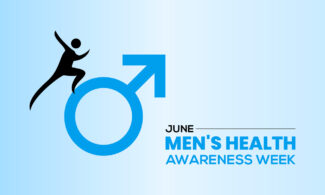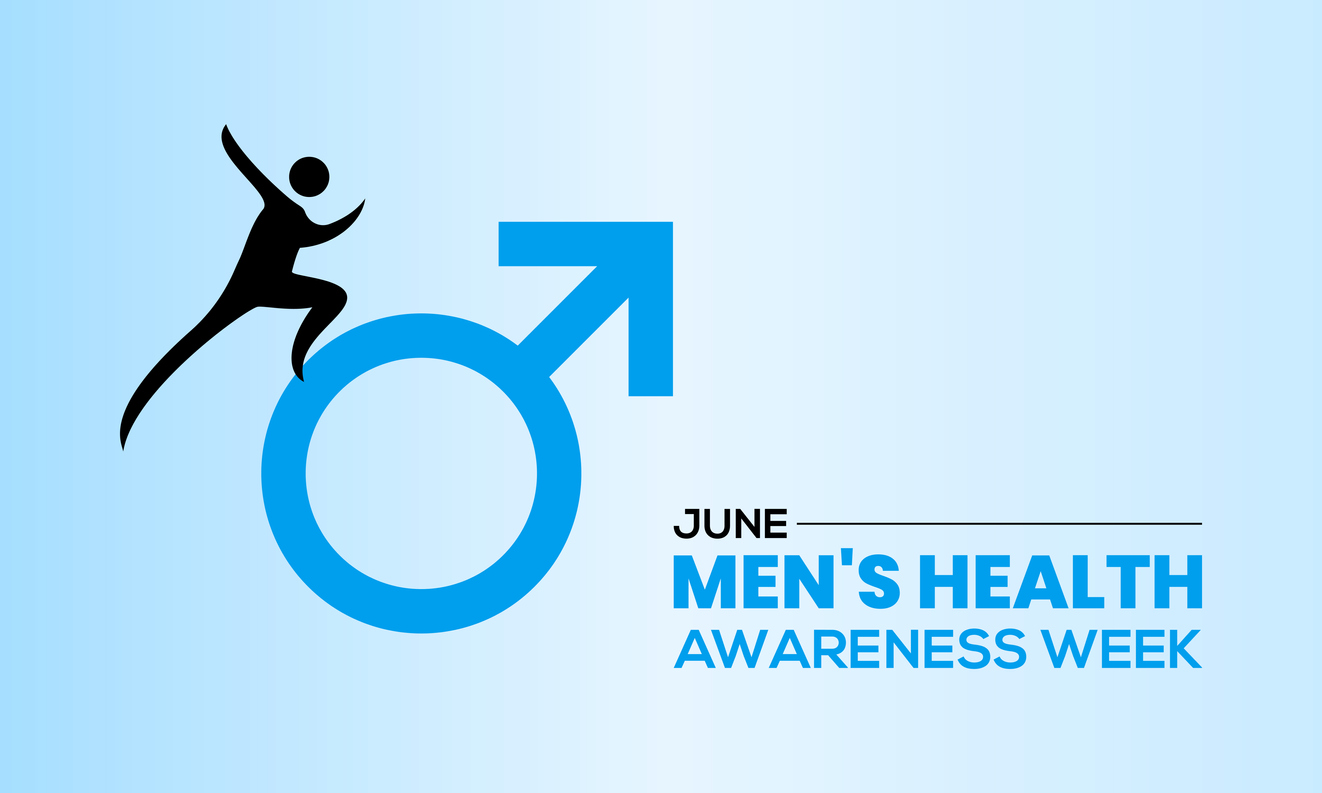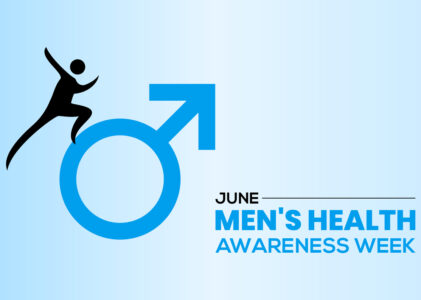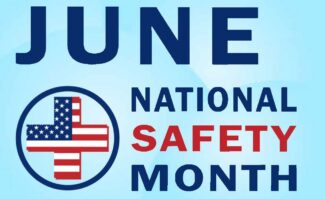National Safety Month and National Men’s Health Month are celebrated every June to bring awareness to safety measures both at work and home, as well as how men can be proactive in their overall health. The Bureau of Labor Statistics (BLS) reported that 5,190 workers succumbed to fatal injuries at the workplace in 2021, and 2,607,900 injuries were work-related. This calls for action to prevent work-related incidents and bring awareness to the importance of health and safety.
June Safety Themes
Accidents, also known as preventable injuries, are the fourth leading cause of death in the United States. The month of June focuses on a different safety theme each week that is selected by the National Safety Council (NSC). The themes for June 2023 include:
Week One – Preparing for Emergencies
The Emergency Preparedness and Response Program (EPR) was developed by the National Institute for Safety & Health (NIOSH) and works towards ensuring emergency responders’ health and safety are systemically addressed before deployment, while deployed, and after deployment has ended. They recognize that the effectiveness of responders comes from health, training, and safety practices.
Week Two – Trips, Slips, and Falls
Suffering a fall on the job can lead to death or serious injury and may render you unable to continue performing certain tasks required by your job. Certain industries, such as retail, food and beverage, and healthcare, see the highest number of non-fatal falls. Unfortunately, falls are to blame for many deaths in the workplace, but there are ways to help prevent this occurrence. The NSC provides statistical data relating to workplace falls and senior falls.
Week Three – Heat-Related Illnesses
Heat stress is a problem for employees who work inside and outside because it is a combination of clothing, the environment, protective equipment, and metabolic heat. Illness from heat stress can include cramps, rash, heat stroke, and exhaustion, among others. Furthermore, when heat plays a role, there is an increased risk of falling due to dizziness or other factors.
It is important to watch for warning signs of heat stress and make time to take hydration breaks, have proper ventilation, training for workers and supervisors, and have an emergency plan that includes first aid.
Week Four – Recognizing Hazards
Identifying potential hazards is a key component of implementing steps for prevention. Even if a hazard seems small, like a cord placed in a walkway, it should always be reported and addressed. It is important to note that hazards can also include worker impairment. Proper training on hazard recognition can help save lives on the job site.
National Men’s Health Month

Men tend to live shorter lives and be less healthy overall than their counterparts. This is partly because men partake in riskier behaviors than women, have fewer health checkups, and are not as proactive in adopting prevention measures.
It is no secret that healthier people tend to live longer, happier, and more fulfilling lives. Having a proactive attitude towards your health can help save or prolong your life.
Some common health issues that affect men include, but are not limited to:
Cardiovascular
Common cardiovascular issues that affect men include atrial fibrillation (Afib), coronary heart disease, hypertension, heart attack, congestive heart failure, and stroke. The most common type of heart disease is atherosclerosis which is caused by the narrowing of blood vessels that supply oxygen and blood to the heart. Each year, more than 1 in 3 men suffer from heart-related conditions, according to the American Heart Association.
It is important to speak with your doctor and discuss your risk factors.
Cancer
The word “cancer” is a scary prospect for everyone. Unfortunately, nearly half of men and a third of women will receive a cancer diagnosis during their lifetime. Early detection and understanding of your risk factors can help save your life. Common cancers found in men include:
- Prostate cancer
- Gastric cancer
- Testicular cancer
- Breast cancer
Most cancer deaths could be prevented with proper medical care and screenings. It is crucial to see your doctor regularly, especially as you age.
Diabetes
Diabetes is a medical condition that affects the body’s ability to convert food into energy. Diabetes also contributes to certain cardiovascular issues, amputations, kidney failure, and blindness.
Senior Health
While most health issues that affect the older community can affect both men and women, some are specific to only men such as testosterone and prostate deficiency. As we age, our bodies and health needs change. Living a healthy lifestyle that includes a nourishing diet and exercise can help you live longer.
Nutrition/Healthy Lifestyle
Practicing a healthier lifestyle not only benefits your physical health but also improves your mental health. Depression, mental health, and overall mood can be greatly impacted by engaging in just 20 minutes of exercise per day. Exercise coupled with nutrition is a great way to fight obesity, diabetes, cardiovascular illnesses, and certain cancers.
Be sure to speak with your physician before starting an exercise regimen because over-exerting yourself can cause problematic issues for you as well.
Greater Waterbury Imaging Center (GWIC) is deeply invested in your overall health and wellness. We understand how intimidating health screenings are because of the unforeseen result. Our team of professional technologists is dedicated to ensuring you have a comfortable experience with exceptional care.
Greater Waterbury Imaging Center (GWIC) believes in providing superior care to all our patients while keeping your comfort in mind. Our team is dedicated to our patient’s health and safety by providing comprehensive imaging services. Contact us today to learn more about our MR imaging services and how we work with your healthcare provider to best address your healthcare needs.



